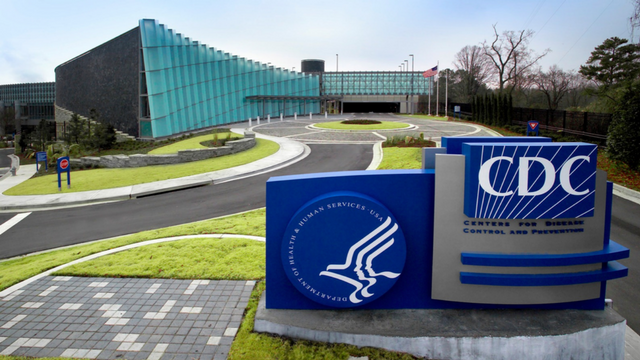 CDC′s Tom Harkin Global Communications Center in Atlanta, Georgia WIKIMEDIA, JAMES GATHANY At a 2018 budget meeting last Thursday (December 14), officials at the Centers for Disease Control and Prevention (CDC) were told by senior agency officials that they were prohibited from using a list of seven words or phrases in budget documents. The list included the terms “fetus,” “transgender,” “vulnerable,” “entitlement,” “diversity,” “evidence-based,” and “science-based,” according to a report by The Washington Post.
CDC′s Tom Harkin Global Communications Center in Atlanta, Georgia WIKIMEDIA, JAMES GATHANY At a 2018 budget meeting last Thursday (December 14), officials at the Centers for Disease Control and Prevention (CDC) were told by senior agency officials that they were prohibited from using a list of seven words or phrases in budget documents. The list included the terms “fetus,” “transgender,” “vulnerable,” “entitlement,” “diversity,” “evidence-based,” and “science-based,” according to a report by The Washington Post.
The news quickly sparked outrage among scientists, who expressed concern that the CDC’s work is being politicized. Federal officials have weighed in on the discussion, pushing back against the notion that the alleged ban is explicit.
“I want to assure you there are no banned words at CDC. We will continue to talk about all our important public health programs,” Brenda Fitzgerald, director of the CDC, tweeted on Sunday.
Fitzgerald’s tweet elicited a heated debate in some 900 comments by Twitter users, many of which ask for further explanation or demand that she tweet the prohibited words to demonstrate that they are not banned.
It is still unclear whether the alleged ban applies beyond budget documents and whether it stemmed from the CDC itself or ...














